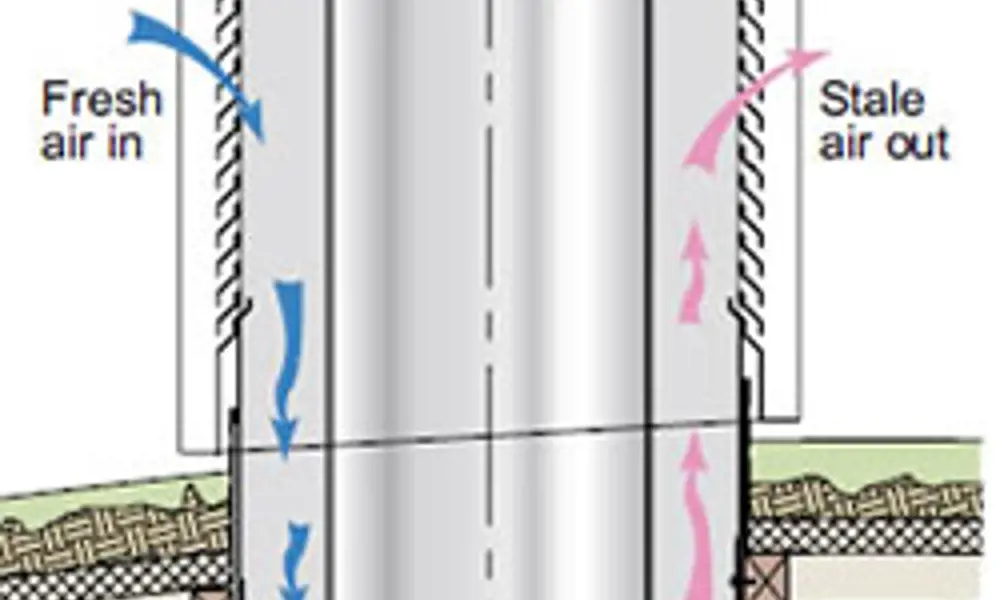
INNOVATION WATCH - The ultimate DIY material
Silicone-based sugru forms a strong bond with aluminium, steel, ceramics, glass, wood and other materials including some plastics such as perspex and rubbers such as silicone and butyl rubber
Last year, the inaugural London Design Festival ‘Design Entrepreneur’ award went to the product designer Jane Ni Dhulchaointigh. Her silicone-based innovation, sugru, can be moulded like clay to fix, repair and mend a wide variety of materials. It is manufactured in East London and has become an international success story, appearing in Time magazine’s Top 50 Best Inventions list.
Jane Ni Dhulchaointigh was studying for her MA in Product Design at London’s Royal College of Art in 2003. She wanted to find a material that would make fixing broken objects easier. She tried mixing silicone caulk with waste wood dust and was able to use this mix to mend a sink plug and create a grip for a knife handle.
Her initial success led to five years of research during which a team of material engineers and a couple of recently retired silicone chemists spent 9,000 hours on formulation research and testing to further refine prototypes of the material. Making sugru (the name comes from the Irish word for ‘play’) stick to as many materials as possible was a major challenge, so the team worked with a glue manufacturer to experiment with adhesives to maximise its bondability.
Meanwhile, sugru was tested by users in a series of public workshops, where users were presented with broken, damaged and badly designed objects to repair and improve. Its extensive trialing before launch helped test the malleable material across all types of conditions, temperatures andproducts.
On its release, at the end of 2009, the first 1,000 packets of sugru sold out within six hours as The Daily Telegraph’s technology blog gave it a 10/10 review, and Wired UK and Boing Boing immediately linked to the product’s website.
It can be used to fix, or ‘hack’, a wide variety of materials. Once removed from its packet, sugru is mouldable for 30minutes. Then, when applied to a surface, it can cure to form a bond in 24hours. It has been a huge hit at DIY festivals where people show off their product-improving hacks and new designs. A hacking community has grown up around the material, with space devoted to user‑submitted innovations using sugru on the product’s website.
A searchable section of DIY guides, advice forums, and case studies shows how they can make a camera shock‑absorbent, reseal a link in a car’s cooling system (withstanding high pressure and temperatures of up to 180 ºC), and help send a camera into space – with many other uses yet to be discovered – see www.sugru.com
Keep up-to-date with Ingenia for free
SubscribeOther content from Ingenia
Quick read

- Environment & sustainability
- Opinion
A young engineer’s perspective on the good, the bad and the ugly of COP27

- Environment & sustainability
- Issue 95
How do we pay for net zero technologies?
Quick read

- Transport
- Mechanical
- How I got here
Electrifying trains and STEMAZING outreach

- Civil & structural
- Environment & sustainability
- Issue 95